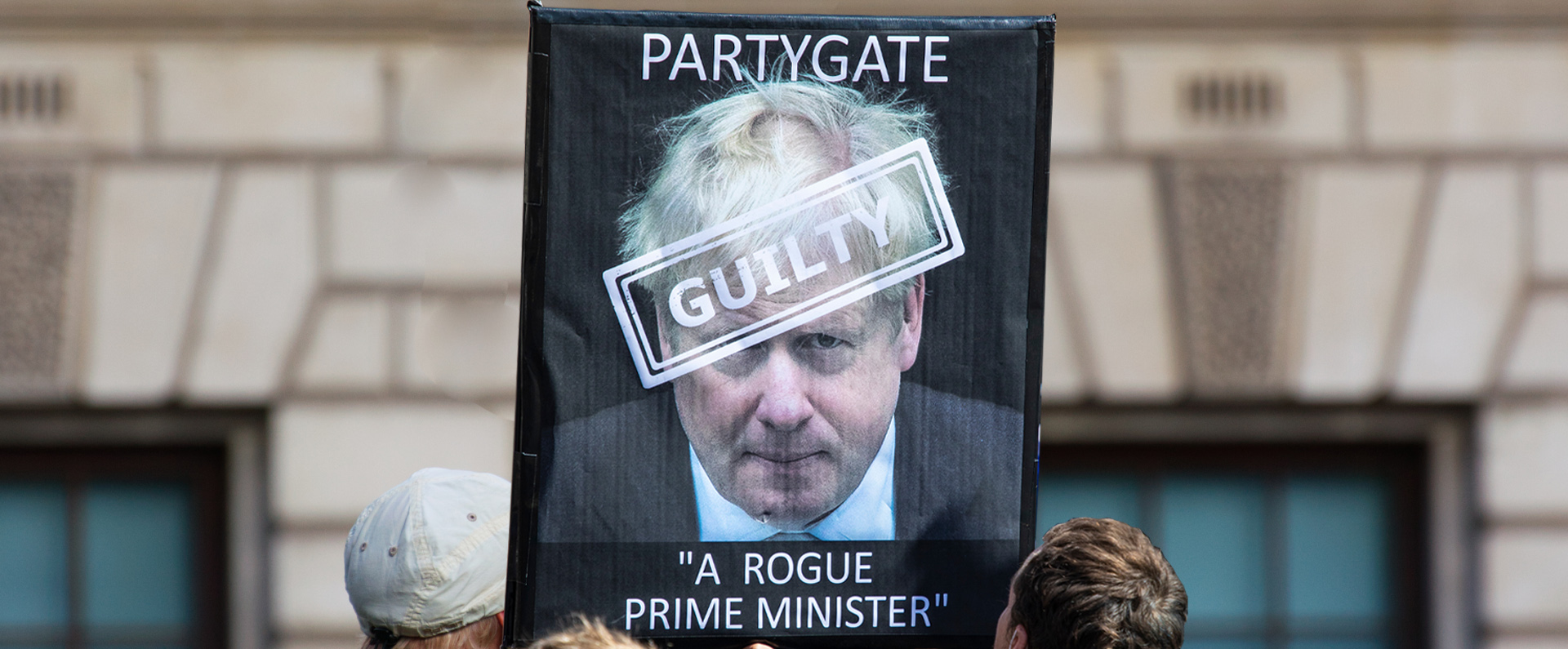
Labour look set to hold the Oldham East & Saddleworth seat rather more comfortably than they did at the general election. For all the speculation, this by-election was always Labour’s to lose.
The Liberal Democrats, Labour’s closest local challengers, have lost well over half their national support since last May. The idea of the Conservatives springing to victory from third place in a Greater Manchester constituency at a time of tough spending cuts from a Tory-led government always seemed unlikely. It would take some explaining, then, were Ed Miliband to let this seat slip through his fingers.
Voting intentions are 46% Labour, 29% Lib Dems, and 15% Conservatives. Barring a substantial shift in the last few days of campaigning – which seems unlikely given that 91 per cent of Labour voters say they probably will not change their minds – we can expect a swing from the Liberal Democrats to Labour of around 8 per cent since the general election.
However as with most things in politics it is not quite as straightforward as that. The Lib Dem vote is down by just 3 points since the General Election.
This represents a much more resilient performance than the national polls would suggest, having recently put the party at record low levels of support.
This may be due in part to Elwyn Watkins, the Lib Dem candidate who was defeated in May and, having campaigned for that result to be annulled, is standing again on Thursday. (The poll asked about people’s intention to vote for a named candidate, not just their party).
Nearly a third of those who voted Liberal Democrat at the general election have gone to Labour, with many of those saying the party’s role in the coalition or their u-turn on tuition fees was a major factor in their decision.
However, around a third of 2010 Tory voters are intending to vote for their coalition partners. They see Mr Watkins as more likely to stop Labour than their own candidate, Kashif Ali: only 13 per cent of those who voted Conservative at the general election think the party will win on Thursday, and a number admitted that they were planning to vote tactically, seeing the Tories as a wasted vote at this by-election.
But those switching from the Lib Dems to Labour hold the key to the result. They are by far the most damning of any voters when it comes to the coalition’s performance: just 9 per cent of them say the government is doing well, compared to 16 per cent of Labour voters generally and 39 per cent of all voters in the constituency.
They are particularly exercised by spending cuts. Only 46 per cent of this group agree that the proposed cuts are “necessary and unavoidable” – well below the average for all voters (63 per cent) and lower even than among public sector workers in the seat (59 per cent).
Nearly two thirds of these Lib Dem-Labour switchers think the coalition is “instinctively hostile to public services” and using the deficit as an excuse for cuts, compared to only 47 per cent of voters overall. Only 5 per cent of this group say they may yet change their mind how to vote, making them the most determined of any group of voters.
Not all the news is good for Labour. More than three quarters of all voters, including a clear majority of those who intend to vote Labour on Thursday, think the last Labour government “must accept a large part of the blame” for Britain’s economic problems; Mr Miliband is unlikely to succeed in his campaign to persuade the electorate that this idea is a “big lie” put about by the coalition.
He and Alan Johnson trail David Cameron and George Osborne by 37 to 22 per cent when it comes to trust on the economy, even in this Labour constituency.
As for whether the by-election should be happening at all, three quarters of voters in the seat (including a majority of Labour voters) think Phil Woolas “did make false statements about his opponents and this probably affected the result”, so rerunning the election was the right decision. At the same time, Lib Dem voters were the only group to disagree that “what Phil Woolas was accused of was no worse than what goes on all the time in election campaigns”.
The Lib Dems’ likely failure to capture the seat will not be for want of effort: local voters claim to have received more leaflets, letters and phone calls, and seen more posters and street stalls, from the Liberal Democrats than the other parties – though Labour are close behind.
The opportunity was taken to ask whether people would vote differently were a single coalition candidate on offer, rather than the Conservatives and Liberal Democrats standing separately. According to that poll, Labour would do very slightly better, and the coalition’s combined total would fall from 44 per cent to just below 40 per cent.
Only 77 per cent of those intending to vote Conservative on Thursday would vote for a combined candidate, with 14 per cent saying they would not vote at all, 2 per cent going to Ukip and 4 per cent saying they would vote Labour.
Lib Dem voters were even less keen – only two thirds would vote for a combined candidate, with nearly a fifth saying they would stay at home.
There is much food for thought here for all the parties including how the Conservatives deal with these complex situations in the future.


